The choice to attend graduate school is a major life decision and figuring out how to pay for it is an important step. Most students take out federal loans to pay for acupuncture school and many also work part-time jobs. The most astute students also apply for scholarships.
Each year AOMA awards scholarships to current students. The AOMA scholarship webpage informs students of internal and external scholarship opportunities.
AOMA Scholarships
President's Award - $500 - Deadline: May 15, 2014
The President’s Award is a scholarship awarded by AOMA to a currently enrolled AOMA student in good academic standing. The President seeks to support AOMA students who contribute to the professional community of Chinese medicine through leadership and/or publication. Leadership activities can include involvement with national, state, or student professional associations, or participation in legislative efforts.
Golden Flower Chinese Herbs - $500-1,000 - Deadline: May 15, 2014
Each year, Golden Flower Chinese Herbs generously provides AOMA with scholarship funds. Two awards are given for overall excellence in Chinese medical studies and six awards are given for excellence in acupuncture studies, herbal studies, biomedical sciences, and clinical internship.
AOMA Scholarship - $250-500 - Deadline: May 15, 2014
The AOMA Scholarship awards are given annually for overall excellence in Chinese medical studies. Recipients are selected based on their AOMA GPA, grades in individual subject areas, financial need, and response to the essay question.
External Scholarships
ABORM Annual Scholarship - $1,000 - Deadline: March 31, 2014
The ABORM Annual Scholarship is awarded annually to a student enrolled in either a Master’s Degree Program or the Doctoral Degree Program. The scholarship is paid upon successful submission and acceptance for publication of an article in the Journal of Chinese Medicine (JCM). The purpose of the ABORM Annual Scholarship is to foster new scholarly inquiry in the field of Oriental Reproductive Medicine & Infertility for publication in the Journal of Chinese Medicine.
Evergreen Hua-Tuo Scholarship - $1,000 gift card - Deadline: TBA, 2014
Evergreen Herbs funds a scholarship to further the development of effective TCM treatment protocols, while inspiring bright and passionate students of Chinese Medicine to research and write in the field. The winner will receive a scholarship in the form of a $1,000 Evergreen Collection Gift card good towards Evergreen herbal formulas. The winning research paper will also be published by Lotus Institute of Integrative Medicine as well as posted to the Evergreen Herbs' website. Five runners-up will also be selected and will receive their choice of Chinese Medical Herbology and Pharmacology or Chinese Herbal Formulas and Applications by John Chen and Tina Chen.
Mayway Scholarship - Deadline: TBA, 2014
The Mayway Scholarship Program is open to doctorate of acupuncture and Oriental medicine and master's level students who are currently enrolled in an ACAOM–accredited college of Oriental medicine within the United States and who will be attending a college of OM in fall 2013.
Nuherbs Scholarshi - Deadline: April 1, 2014
The nuherbs Co. Scholarship Program awards three yearly scholarships to current enrollees of ACAOM accredited acupuncture schools.
· nuherbs Scholarship: $2,000
· Herbal Times Scholarship: $1,500
· Jade Dragon Scholarship: $1000
Sokenbicha Essay Challenge - $1,000-4,000 - Deadline: TBA, 2014
The Sokenbicha Essay Challenge is a scholarship contest for students of ACAOM approved Acupuncture and Oriental Medicine schools. First prize is a $4,000 scholarship and paid admission into the annual AAAOM Leadership Meeting and Student Conference (includes airfare and hotel). The first place winner will be recognized at the Student Conference during the Student Caucus. Second prize is a $1,000 scholarship. All winning essays will be printed and distributed to AAAOM conference attendees and will also be published on the Sokenbicha Web site.
Standard Process Scholarship - $2,500 - Deadline: June 28, 2014
Standard Process is sponsoring a yearly scholarship fund for our AOMA students who are in their last three terms of their program. The student must have a cumulative GPA of 2.9 or higher, must be between 1 - 3 terms from graduation, have a list of contributions to the acupuncture profession, the college, and the community, provide a letter of recommendation and write a 500-750 word essay.
The Trudy McAllister Fund - $2,000 - Deadline: TBA, 2014
This scholarship program was established to support students who have entered the last phases of their clinical training or who have undertaken post-graduate studies in acupuncture and Oriental medicine and show promise of making significant contributions either to clinical practice and/or to the understanding of the role of traditional Oriental medicine in a modern context.
Thermo Fisher Scientific, Inc. Scholarship- $5,000-10,000 - Deadline: TBA
The Thermo Fisher Scientific Inc. Scholarship supports educational opportunities for future generations of scientists. The scholarship is to be awarded to undergraduate and graduate students with a declared major of biology, chemistry, biochemistry, or a related life-science field. To qualify for the scholarship, students must have a GPA of 3.0 (on a 4.0 scale) and be enrolled in an accredited college for university.
Tylenol Future Care Scholarship - $5,000-10,000 - Deadline: May 31, 2014
The Tylenol Future Care Scholarship is available to any student pursuing a career in healthcare. Ten applicants will receive $10,000 in scholarships and thirty applicants will receive $5,000 in scholarships. Visit Tylenol's Facebook page for further information.
Tillman Military Scholar Program - Deadline: March 6, 2014
The Military Scholar Program offers financial assistance to service members, veterans, and their spouses to cover academic and/or living expenses while in school. For more information about the Pat Tillman Foundation and the Tillman Military Scholars program, please visit their website: http://pattillmanfoundation.org/scholars. Members of each class of Tillman Military Scholars represent a rich and diverse set of backgrounds, experiences and ambitions, and were selected based on strong leadership potential and a drive to make a positive impact on others through service.
Additional Scholarship Resources
Sallie Mae's Scholarship Search
Sallie Mae's free Scholarship Search offers access to an award database that contains more than 3 million scholarships worth over 16 billion dollars, and it is expanded and updated daily. For information, please visit the Sallie Mae Scholarship search website.
For more information about scholarships at AOMA, or to make a contribution, please contact the director of financial aid Estella Sears or visit our scholarship page.
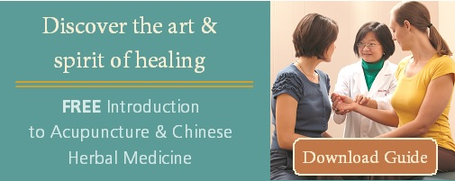
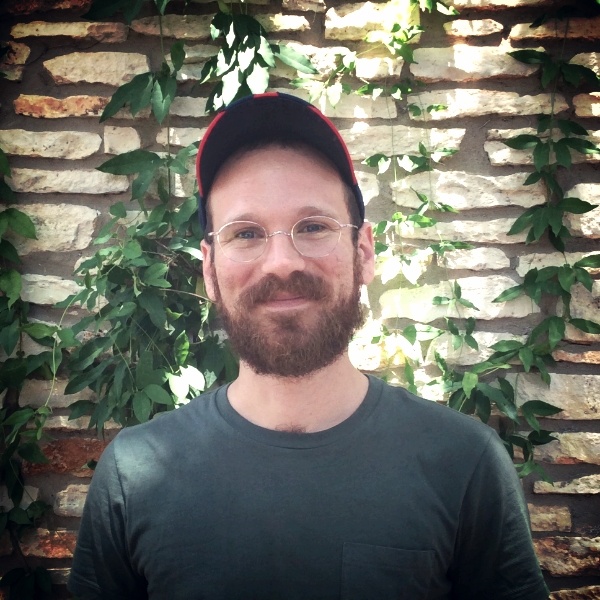


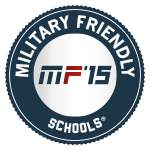
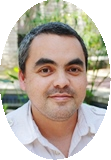 Military Branch: US Army
Military Branch: US Army


 Janessa Benedict is a senior student at AOMA Graduate School of Integrative Medicine. She currently writes a financial aid newsletter, contributes to an Oriental medicine website, and looks forward to saving the world.
Janessa Benedict is a senior student at AOMA Graduate School of Integrative Medicine. She currently writes a financial aid newsletter, contributes to an Oriental medicine website, and looks forward to saving the world.

_cropped.jpg?width=232&height=224&name=austin_downtown_(2)_cropped.jpg)




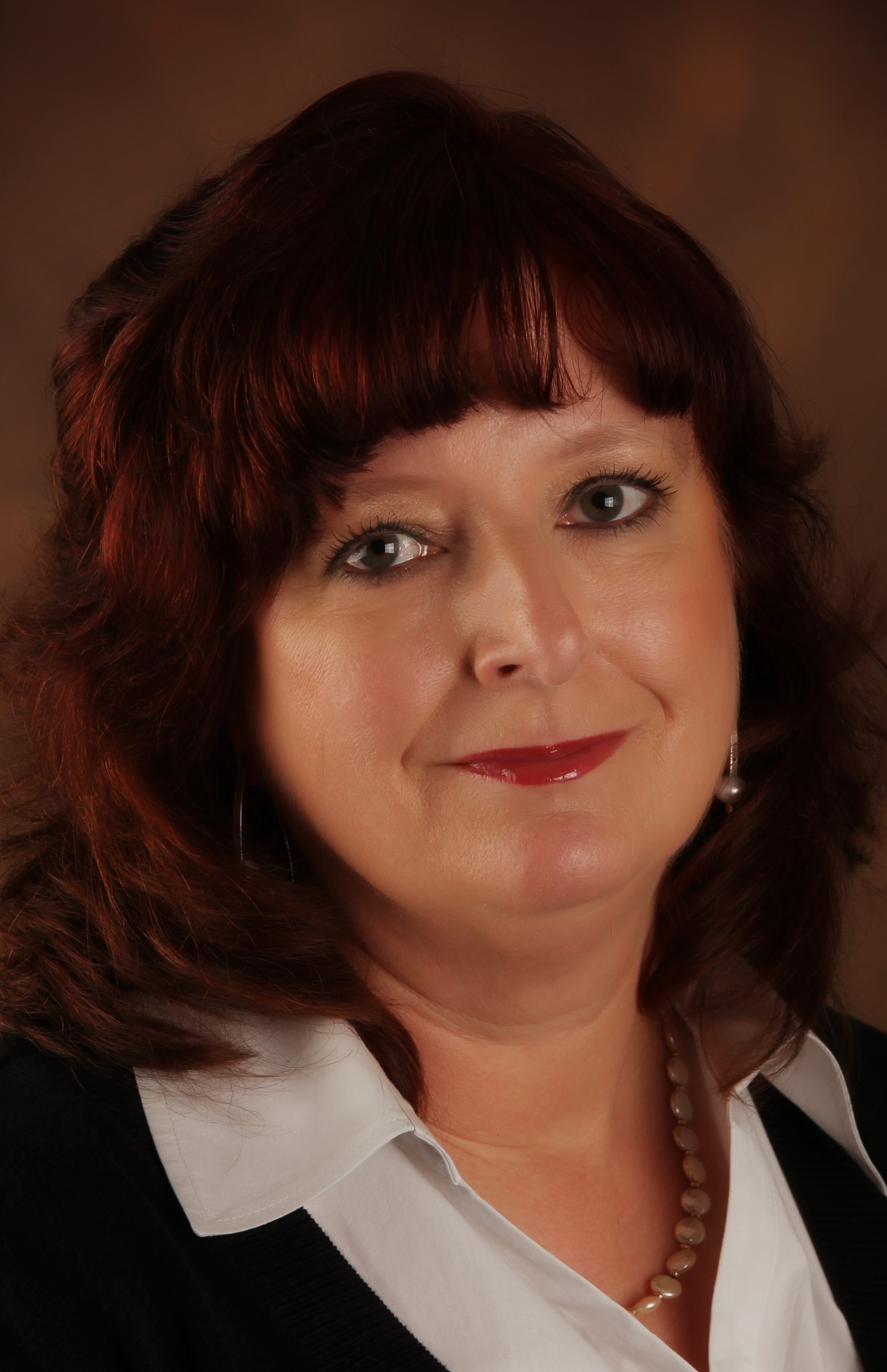 Kathy Kerr, LAc, MAcOM, AOBTA, is an Acupuncturist practicing in Georgetown, TX. She graduated from AOMA in 2008 and has taught several brown bags and business development classes. Her undergrad is in marketing and management, and foreign language. Kathy lives in Round Rock with her husband, two dogs and a bird named Qing Long. Visit her website here:
Kathy Kerr, LAc, MAcOM, AOBTA, is an Acupuncturist practicing in Georgetown, TX. She graduated from AOMA in 2008 and has taught several brown bags and business development classes. Her undergrad is in marketing and management, and foreign language. Kathy lives in Round Rock with her husband, two dogs and a bird named Qing Long. Visit her website here: 

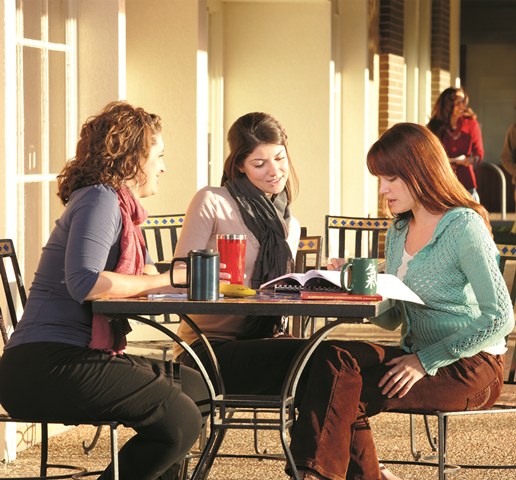
 This month, we’re happy to introduce Jillian Kelble, Admissions Coordinator, who works with prospective students and applicants in the Admissions Office.
This month, we’re happy to introduce Jillian Kelble, Admissions Coordinator, who works with prospective students and applicants in the Admissions Office.
